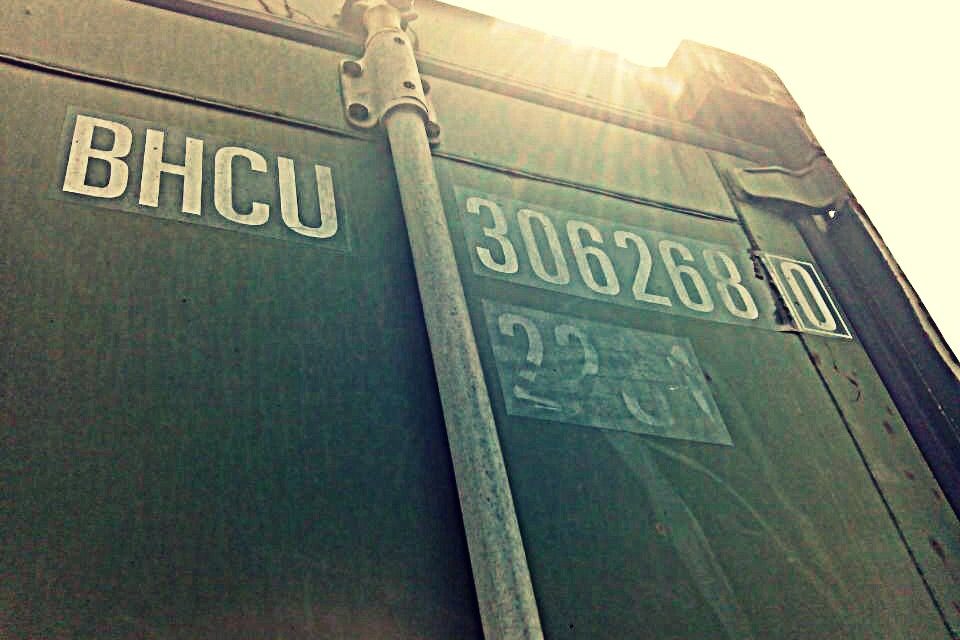Importers that gain traction and succeed when dealing with overseas suppliers, tend to develop the right habits. When every order becomes painful and mired with the same problems, a little digging will show that person doesn’t consistently apply the right habits. I’m laying out 5 import pieces of discipline that’ll help when managing overseas suppliers.
1- Email Managing Pattern
The buyer who wants to stay one step ahead and avoid lag time in the process, checks their email early in their morning and later in the evening.
This avoids losing an entire day over a simple confirmation. Don’t assume the supplier has everything they need. Show availability by checking with your vendor to make sure nothing’s outstanding.
2- Plans, Schedules Mapped Out
Knowing what phase is supposed to happen on what date is a terrific habit.
You get my drift. Whether it’s a flow chart you make, a pretty design on a white board or some internal kickass software you use… use it!
This is how the order is controlled as a project and not simply reacting to new info coming down the line from the vendor.
Too often buyers use their sales contact person as their “reminder app” and to be frank, that sales contact person isn’t going to be any more organized than you.
3- Stays Up-To-Date on Country of Origin
How about when you have an urgent shipment coming out of South China but the upcoming typhoon caught you off guard? Or there’s a port strike in another place but you still book your shipment coming out of that troubled port? Diligent importers read articles on the supplier’s country and have some insight on how the economic, political an social atmosphere move over there in case an immediate pivot is needed.
Successful importers have the habit of controlling their projects; not simply reacting to sparse updates that come down the wire from the supplier.
4- Product Knowledge
Since the internet is wide open and the world is smaller, there’s multitudes of people importing, but they are not experts or even proficient in the product they’re importing. They’re sales folks who are amazing at sales, service and turnaround, but they leave the entire gambit of product knowledge up to their vendors.
Point being is that the successful importer, is sharpened on their product offering. They’re not necessarily 100% experts but they have a foundational knowledge on materials, functionality, price points.
When the overseas suppliers are expected to educate the buyer on foundational aspects, this leads to confusion, especially when dealing with China.
But the successful importer knows that product knowledge doesn’t negate the need to listen to your offshore supplier.
5- Sharp Listening Skills with Overseas Suppliers
When working with their overseas suppliers, able importers are in the habit of sharpening their listening skills. Listening may be verbal or listening in the form of interpreting emails, quotes and plans.
Ask yourself when analyzing supplier comments (whether written or verbal), “Was something left out that was critical? Were they skirting issues or is there something they legitimately don’t know and I have to step in and give support?”
This crafty habit lets the importer decipher not only what’s being said, but what’s NOT being said.






China Sourcing Basics
Let me share what I've learned about China Sourcing.
Provide your email & receive free ebook: 40 Tips for Emailing China Suppliers.
I'll never spam. I'll share tips on Private Labeling, Sourcing and China Business.
You have Successfully Subscribed!